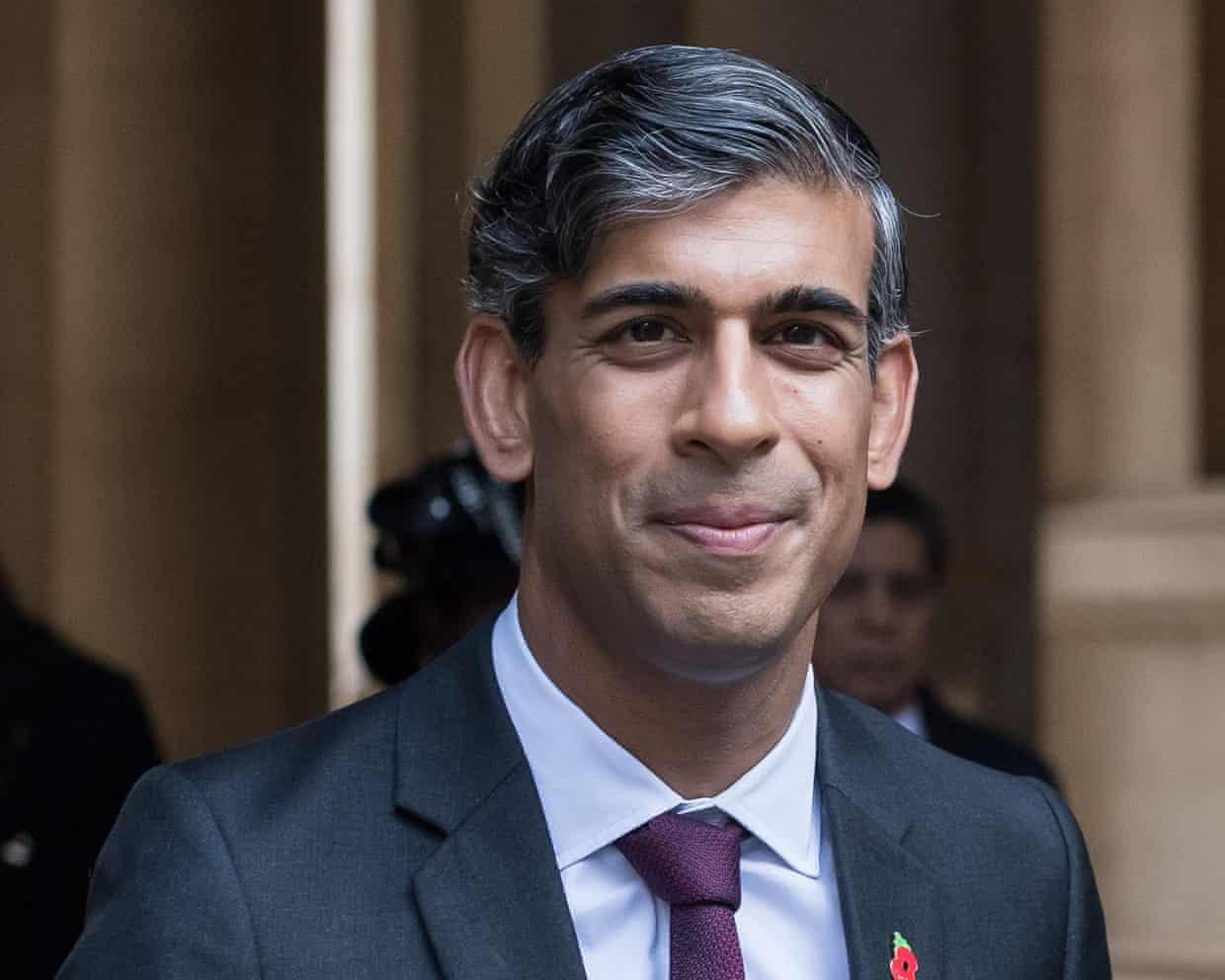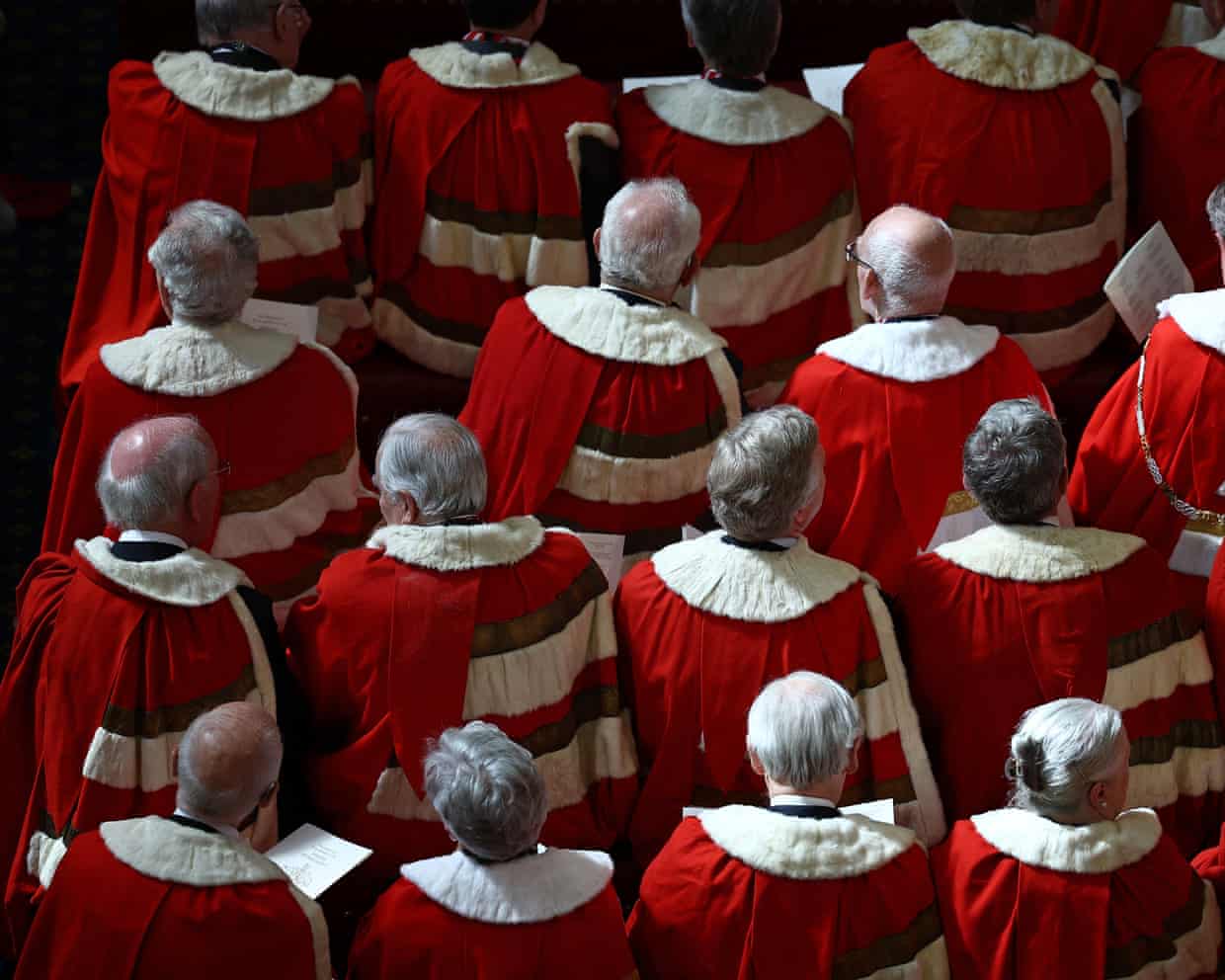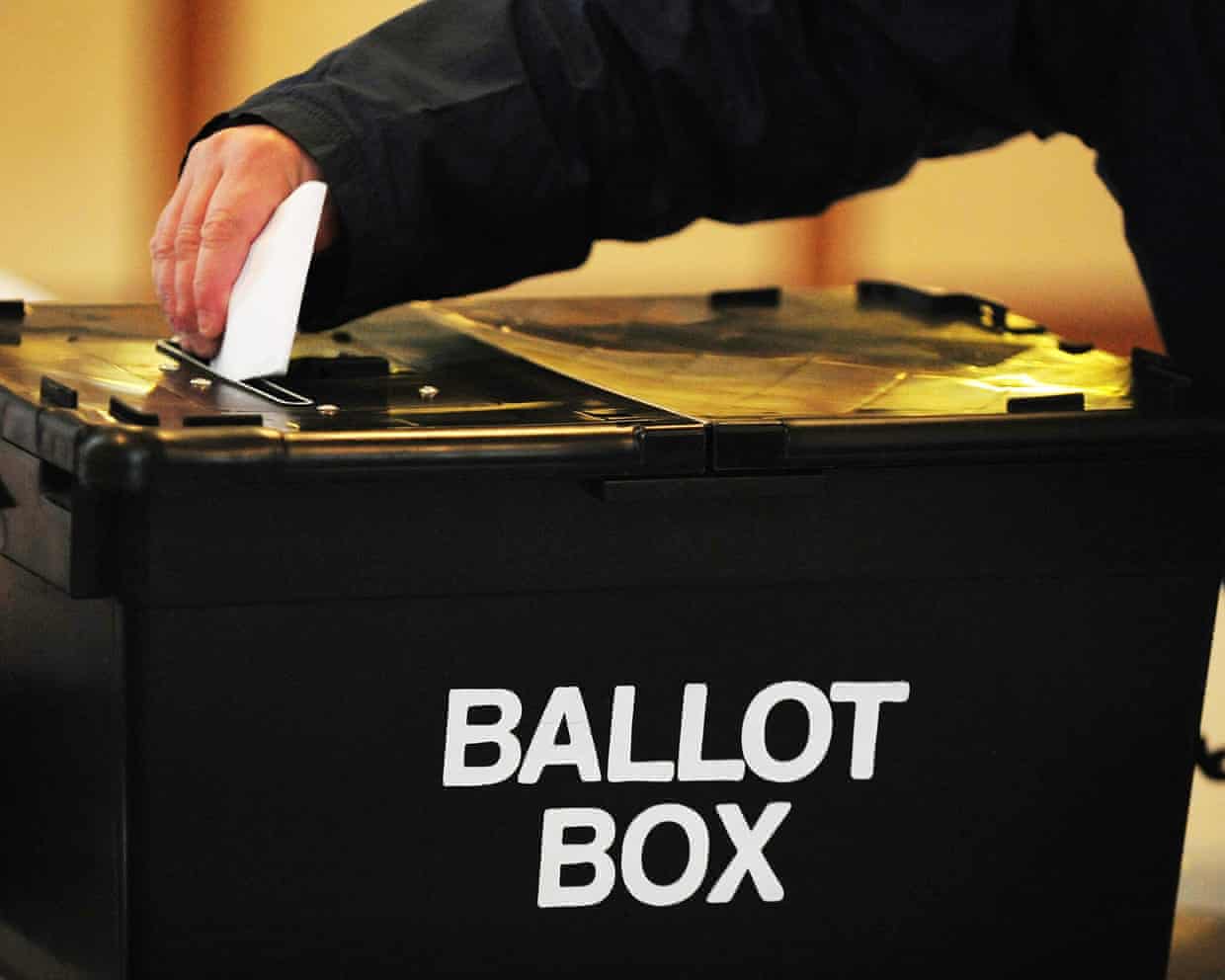More than 100 MPs urge Streeting to approve prostate cancer screening

More than 100 MPs, including Rishi Sunak, have urged Wes Streeting to introduce screening for prostate cancer.The UK National Screening Committee, a government agency that advises ministers and the NHS about all aspects of screening, will recommend whether men at higher risk of the disease should be offered checks.It is due to write to the health secretary later this week, the Telegraph reported.Sunak, who is leading a cross-party alliance of 125 MPs, met Streeting on Monday evening to hand him an open letter urging the government to introduce tests so men at the highest risk, including Black men, men with a family history of prostate, breast or ovarian cancer, and those carrying the BRCA1 and BRCA2 genes, are “no longer left behind”.The letter says: “Our current opportunistic PSA [prostate-specific antigen] testing system is unstructured, inefficient and unfair – a postcode lottery where some men succeed because they know to ask or can pay privately, while others are turned away despite repeated requests.
“Yet the data hide what cannot be modelled: eroded trust among communities who feel abandoned,Black men, already at higher risk, often believe the system fails them,Families bear devastating emotional and financial burdens from late-stage disease – costs absent from formal modelling but among the most compelling reasons to act,“We now have the tools to deliver screening safely and effectively, yet the system is frozen waiting for next-generation trial data,“Waiting would entrench inequality and allow preventable deaths.
Evidence is strong enough to act now.Perfection must not be the enemy of progress.”The push comes a day after David Cameron disclosed he was treated for prostate cancer.He called for a targeted screening programme.Cameron, 59, told the Times: “You always hope for the best.
You have a high PSA score – that’s probably nothing.“You have an MRI scan with a few black marks on it.You think, ‘Ah, that’s probably OK.’ But when the biopsy comes back, and it says you have got prostate cancer.“You always dread hearing those words.
And then literally as they’re coming out of the doctor’s mouth you’re thinking: ‘Oh, no, he’s going to say it.He’s going to say it.Oh God, he said it.’”Prostate cancer is the most common cancer in males in the UK, with about 55,000 new cases every year.There is no screening programme for the form of the disease in the UK because of concerns about the accuracy of PSA tests.
A study published in the New England Journal of Medicine last month suggested prostate cancer screening could reduce deaths by 13%.Researchers found that one death from prostate cancer was prevented for every 456 men who were invited for screening and that one death from prostate cancer was averted for every 12 men in whom prostate cancer was diagnosed.

UK politics: Risk of Maccabi Tel Aviv facing antisemitic attacks not ‘predominant’ reason for match ban, police tell MPs – as it happened
MPs have been told that the risk of antisemitic hate crime was not the “predominant” reason why West Midlands police wanted to ban Maccabi Tel Aviv fans from attending the Europa League match at Aston Villa.Mike O’Hara, WMP’s assistant chief constable, said in a letter to the Commons home affairs committee that the threat of violence by Maccabi fans was a more important consideration.The letter, which has been published this afternoon by the committee, confirms reporting by the Guardian last month which said that the fans were banned “after police intelligence concluded the biggest risk of violence came from extremist fans of the Israeli club”.Keir Starmer and other political leaders reacted with outrage after the ban was first announced in October. Starmer suggested the police were accepting they would not be able to protect the Maccabi supporters from antisemitic violence, and he said: “The role of the police is to ensure all football fans can enjoy the game, without fear of violence or intimidation

Political corrrectness that made me laugh | Brief letters
Among the endless gems in your paper, the Corrections and Clarifications column is an unheralded jewel. As well as a vehicle for setting the record straight, it is an endless source of wicked mirth. The first correction on 20November was: “An article referred to the current government as looking ‘on course to be the worst for living standards on record’. The analysis of official data on which this comment was based in fact related to the previous government.” I offer Labour the following advice: don’t give up! You have nearly four more years in office

Two peers suspended from House of Lords for breaking lobbying rules
Two long-serving peers are to be suspended from the House of Lords after a parliamentary watchdog ruled that they had broken lobbying rules.Richard Dannatt, a former head of the British army, and David Evans, Lord Evans of Watford, were filmed breaking the rules in undercover footage recorded by the Guardian.Lord Dannatt is to be suspended for four months after he was found to have broken the rules, having offered to secure meetings with ministers for a potential commercial client who wanted to lobby the government.He was secretly filmed telling undercover reporters he could make introductions to ministers and that he would “make a point of getting to know” the best-placed politician.After he was exposed in the undercover footage, the Guardian uncovered three further cases in which he had provided parliamentary services in return for payment

Lords rules and culture make it easy for peers to abuse privileged position
The former head of the British army Richard Dannatt and David Evans, or Lord Evans of Watford, a so-called high-level facilitator, have been found to have broken the House of Lords rules and are facing hefty suspensions as a result.The punishments follow official inquiries into their conduct, after undercover investigations by the Guardian revealed how the two peers separately offered to make introductions to ministers for a potential commercial client. A parliamentary watchdog ruled that the conduct was lobbying for personal profit, behaviour that breaks the fundamental principle that peers should always act solely for the public good.Lord Dannatt bragged to the undercover reporters that he would “make a point of getting to know” the best-placed minister, and make the relevant introduction, while Evans said how it was “great being a Labour peer at the moment because we’ve got our mates who now have senior jobs”. Both thought they were speaking to property developers offering a potentially lucrative deal

Reform UK claim to have saved £331m at English councils – but do the numbers stack up?
Reform UK has ignored requests to share the evidence for its claim to have saved £331m since it took charge of 10 English councils in May, prompting questions over whether the figure is true.The party has boasted that it had achieved £331m worth of savings at English councils it controls. Warning of a “blob” of vested interests devoted to “ripping off” taxpayers, Richard Tice, the new head of the party’s self-styled ‘Doge’ cost-cutting unit, added: “We’re going to war with these people”.Yet on closer analysis, examples of supposed savings at councils ranging from Durham to its “showcase” Kent appear questionable. In some cases, credit is claimed for initiatives already set in train by predecessors

Politicians urge Labour to restore Electoral Commission independence
Keir Starmer is being urged to restore independence to the Electoral Commission, with MPs and peers likely to launch a battle to amend the elections bill in the new year.In a letter to the prime minister, MPs and peers will warn the elections watchdog should not be overseen by the political parties in charge of holding to account.The government is to publish an elections bill early next year, bringing in votes for 16-year-olds and cracking down on loopholes in how political donations are made.However, it is resisting returning independence to the Electoral Commission after Boris Johnson put it under the control of ministers, who can now annually set its priorities and direction.When the Conservatives introduced the new power, the House of Lords passed a cross-party amendment led by the cross-bench peer Lord Judge and co-sponsored by the former Labour home secretary David Blunkett to overturn the change – only for it to be changed back by the Commons

Budget may deliver result desired from racing’s ‘Axe the Tax’ campaign

How did McLaren get it so wrong with their cars in Las Vegas? | Giles Richards

England batters opt out of pink-ball warm-up match despite first Ashes Test failures

Tom Brady’s part-time side hustle with the Raiders is an unholy mess

England plot route to Ashes recovery as Mark Wood admits they were ‘hit hard in round one’

Does Travis Head’s knock deserve to be among the greatest Ashes innings? | Martin Pegan